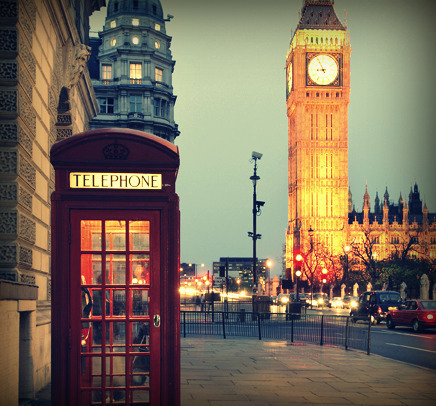Assalammualaikum readers...
Want to know the answer.... so there you are.
---------------------------------------------------------------------------------------------------------------------
Answer 1. Which road do you choose to take to your love's house?
The roads represent your attitude towards falling in love. If you choose the short one, you fall in love quickly and easily. If you choose the long one, you take your time and do not fall in love easily.
Answer 2. What combination of roses do you choose to give you love?
The number of red roses represent how much you expect to give in a relationship. The number of white roses represent how much you expect in a relationship. Therefore, if a person choose all red with one white, he/she gives 90% in the relationship but expects to receive only 10% back.
Answer 3. Do you ask the maid to get your love, or do you do it yourself?
This question shows your attitude in handling relationship problems. If you asked the maid to get your loves one, then you may beat around the bush, maybe asking a third party to intervene. Avoidance of problem runs high. If you went and got your loved one yourself, then you are pretty direct. If there is a problem, you confront it and deal with it. You want to work it out right away.
Answer 4. Where do you put the roses? On the window still or on the bed?
The placement of the roses indicates how often you'd like to see your boyfriend/girlfriend.Placing the roses on the bed means you need lots of reassurance in the relationship, and you'd want to see your loved one every day, if possible. Placing the roses by the window show that you don't expect or need you loves one too often.
Answer 5. Do you find your love asleep or awake?
Finding your boyfriend/girlfriend asleep, you accept your loved one the way they are. Finding them awake, you expect him/her to change for you.
Last answer 6.Which road do you choose to go home?
The short and long roads now represent how long you stay in love. If you choose the long one, you tend to stay in love for a long time.
new past




